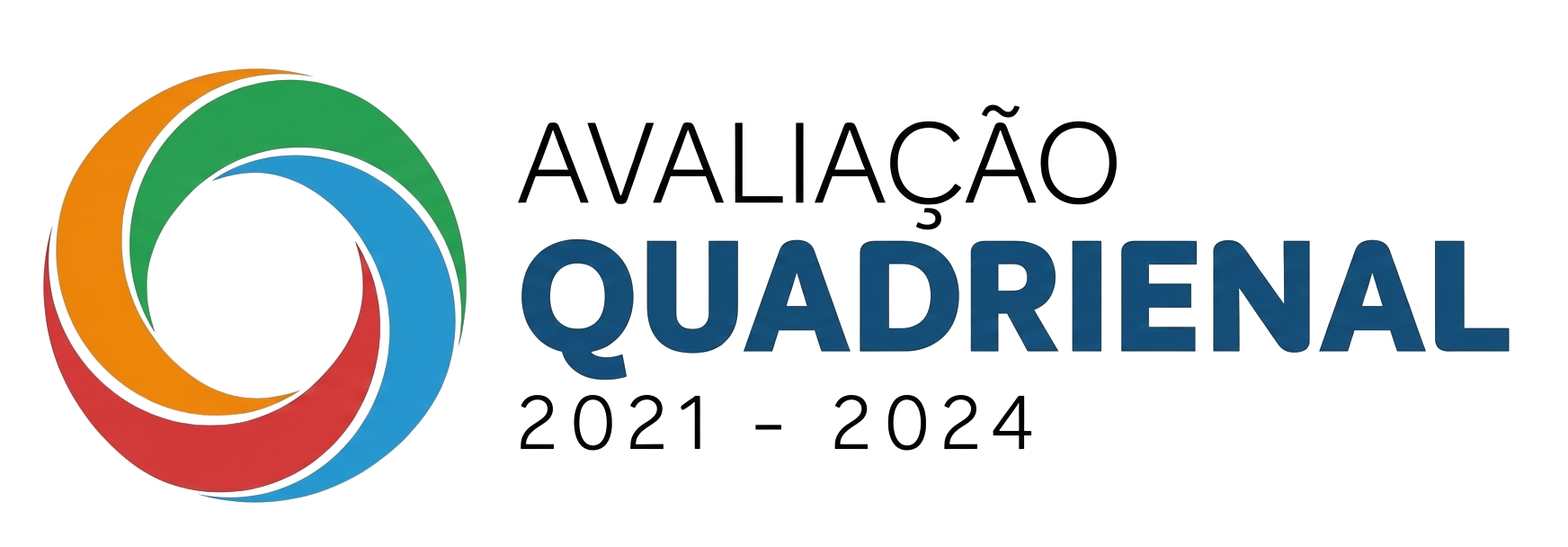Theory of Knowledge and Crisis of Paradigms
international relations and international scientific cooperation post-pandemic
DOI:
https://doi.org/10.5281/zenodo.8187499Palavras-chave:
Scientific crisis, International Relations, Pandemic, International scientific cooperationResumo
This article aims to study the concepts, conceptions and approaches on science, theory, paradigm and hypotheses formulated specifically in the works of Thomas Kuhn (Structures of Scientific Revolutions) and Boaventura de Sousa Santos (A discourse on the Sciences; and, The Cruel Pedagogy of the Virus) the latter about the social consequences of a post-pandemic world. Thus, we intend to understand how the theory of knowledge about the differentiation between common sense and scientific knowledge has been the subject of discussions for decades and are even more relevant in a world that has proved fragile and sensitive, globally and generally, in the face of the coronavirus pandemic (Covid-19) in 2020. This public health emergency of international importance that culminated in the infection of millions of people in hundreds of countries, causing thousands of deaths, presented itself as a crisis in knowledge and health practices, international relations and science as knowledge and practices; thus demonstrating the imprescindibility of a world-class diplomatic combination in relation to indiscernible problems and issues that do not respect borders, sovereignties or military or economic powers. The specific objective aims to verify and demonstrate how international relations in the post-pandemic should therefore be directed by desiderates of international scientific cooperation and expansion of knowledge on issues and issues that affect all nations. Just as in the decades of the first half of the 20th century the abolition of war and the search for peace between states were the desideratum of countries, in the 21st century the paradigm of relations between nations should be the search for international scientific cooperation for the life, dignity, security and well-being of subjects of international law and with the valorization of human rights as leading normative elements and also as international norms of universal commitment.
Downloads
Referências
GUERRA, Sidney César Silva. Catástrofes naturais e a emergência do Direito Internacional das Catástrofes. Cadernos de Dereito Actual, n. 08, 2017, p. 331-346.
GUERRA, Sidney César Silva et al. A CATÁSTROFE GLOBAL A PARTIR DA PANDEMIA DO CORONAVÍRUS: ALGUMAS REFLEXÕES COM BASE NO DIREITO INTERNACIONAL. Revista Direito Mackenzie, São Paulo, 2020, v. 14, n. 2, p. 68-85.
GWENDOLYN, Gilbert L. SARS, MERS and COVID-19—new threats, old lessons. In: International Journal of Epidemiology, 2020, May 20, disponível em: https://pubmed.ncbi.nlm.nih.gov/32361759/
KAHN, Laura H. Commentary on: The SARS, MERS and novel coronavirus (COVID-19) epidemics, the newest and biggest global health threats: what lessons have we learned? A One Health approach to coronaviruses. In: International Journal of Epidemiology, 2020, Apr 20, disponível em: https://www.ncbi.nlm.nih.gov/pmc/articles/PMC7197549/. Acesso em: 29 set. 2020.
KUHN, Thomas S. A Estrutura das Revoluções Científicas. São Paulo: Perspectiva, 1978.
MAZZUOLI, Valério de Oliveira. Responsabilidade internacional dos Estados por epidemias e pandemias transnacionais: o caso da Covid-19 provinda da República Popular da China. Instituto de Ciências Jurídico-Políticas, Lisboa, v. 10, abr. 2020.
POSNER, R.ichard. Catastrophe: Risk and response. New York: Oxford University Press, 2004.
PROCÓPIO, Argemiro. Conflito e cooperação nas relações internacionais em tempo de pandemia. Revista Eclesiástica Brasileira, Petrópolis, volume 80, número 316, p. 333-352, mai/ago. 2020.
SANTOS, Boaventura de Sousa. A Cruel Pedagogia do Vírus. Coimbra: Almedina, 2020.
SANTOS, Boaventura de Sousa. Um discurso sobre as Ciências. 7ª ed. Porto: Afrontamento, 1995.
SHENG, Wang-Huei; KO, Wen-Chien; HUANG, Yhu-Chering; HUESH, Po-ren. SARS-CoV-2 e COVID-19. In: Jounal of Micobiology, Immunology, and Infection, 2020, mar 20, disponível em: https://www.ncbi.nlm.nih.gov/pmc/articles/PMC7194915/. Acesso em: 22 de mai. 2020.
VENTURA, Deisy de Freitas Lima; AITH, Fernando Mussa Abujamra; RACHED, Danielle Hanna. A emergência do novo coronavírus e a “lei de quarentena” no Brasil. Revista Direito e Práxis, Ahead of print, Rio de Janeiro, 2020.
VENTURA, Deisy de Freitas Lima et al. Desafios da pandemia de COVID-19: por uma agenda brasileira de pesquisa em saúde global e sustentabilidade. Cadernos de Saúde Pública, São Paulo, n. 36, 2020.
ZHU, Na; ZHANG, Dingyu, et al. A Novel Coronavirus from Patients with Pneumonia in China, 2019, In: The New England Journal of Medicine, 2020, Feb 20; 382(8): 727–733, disponível em: https://pubmed.ncbi.nlm.nih.gov/31978945/. Acesso em: 22 de mai. 2020.
Downloads
Publicado
Como Citar
Edição
Seção
Licença
Copyright (c) 2023 André Luiz Vieira Valim

Este trabalho está licenciado sob uma licença Creative Commons Attribution-ShareAlike 4.0 International License.
Autores que publicam nesta revista concordam com os seguintes termos:
1. Autores mantém os direitos autorais e concedem à revista o direito de primeira publicação, com o trabalho simultaneamente licenciado sob a Creative Commons Attribution 4.0 International License que permite o compartilhamento do trabalho com reconhecimento da autoria e publicação inicial nesta revista.
2. Autores têm autorização para assumir contratos adicionais separadamente, para distribuição não-exclusiva da versão do trabalho publicada nesta revista (exemplo.: publicar em repositório institucional ou como capítulo de livro), com reconhecimento de autoria e publicação inicial nesta revista.
3. Autores têm permissão e são estimulados a publicar e distribuir seu trabalho online (exemplo.: em repositórios institucionais ou na sua página pessoal) a qualquer ponto antes ou durante o processo editorial, já que isso pode gerar alterações produtivas, bem como aumentar o impacto e a citação do trabalho publicado.





